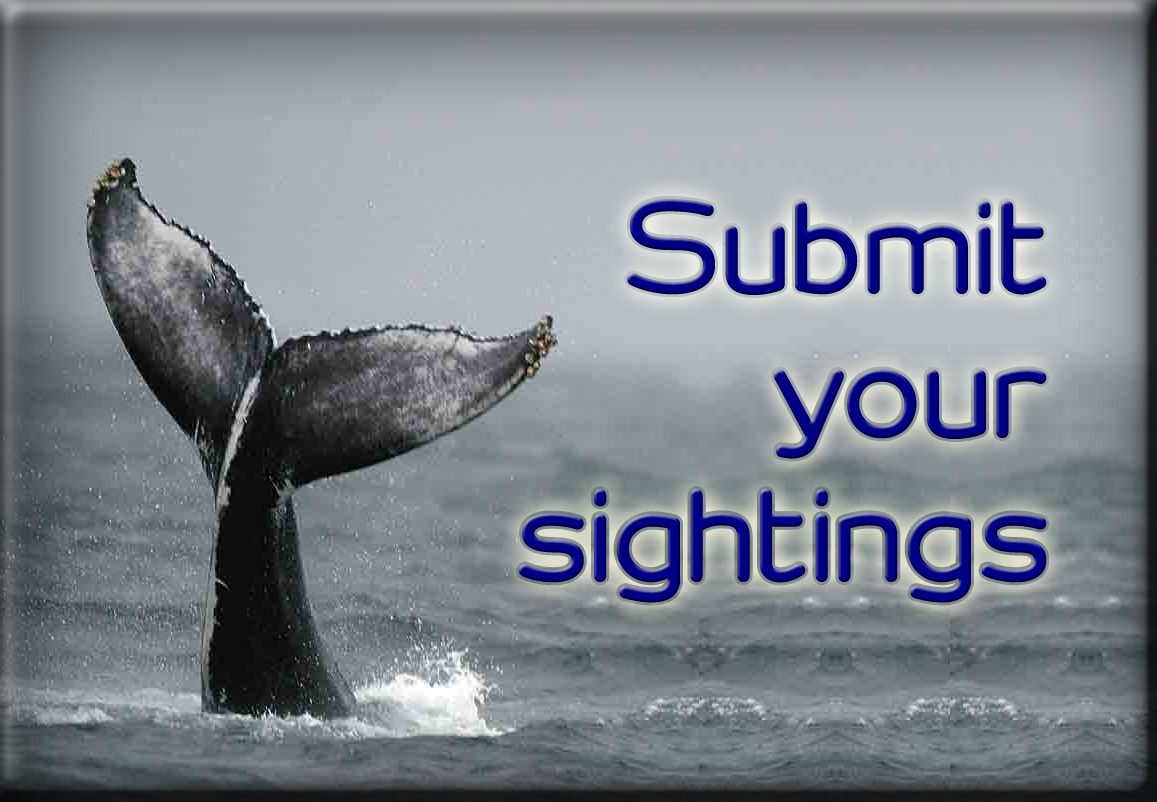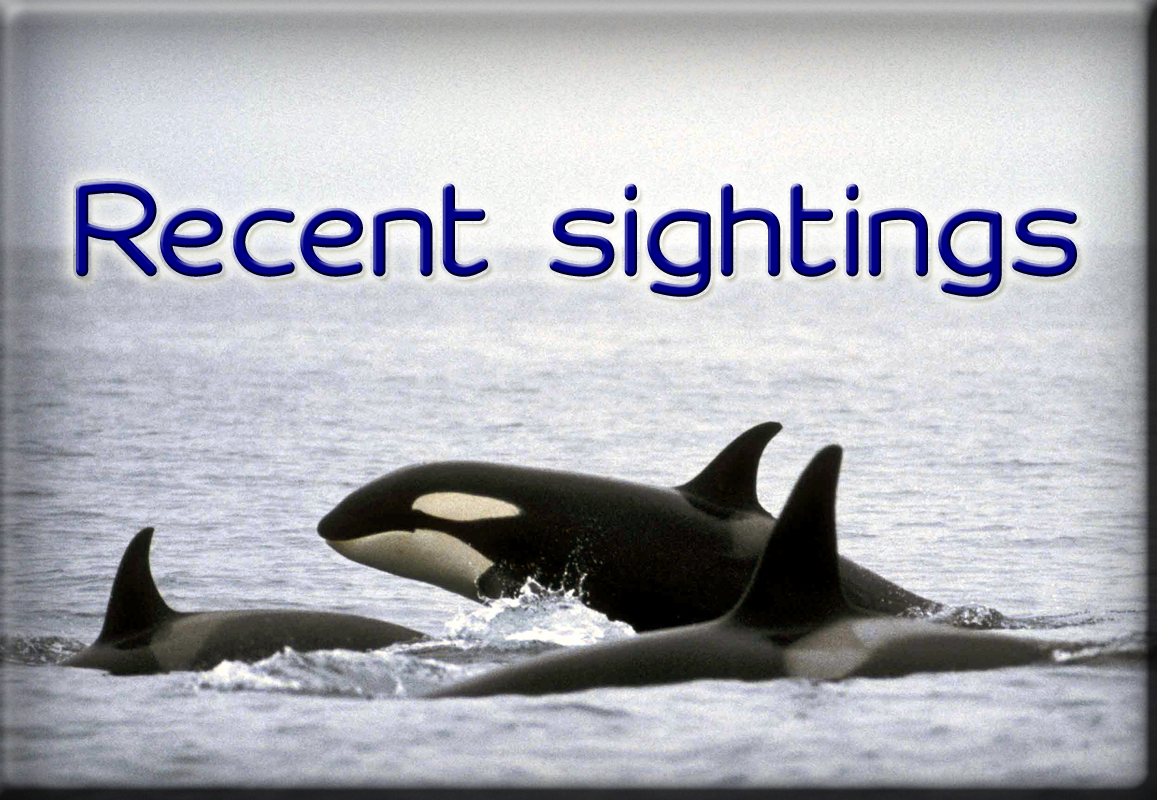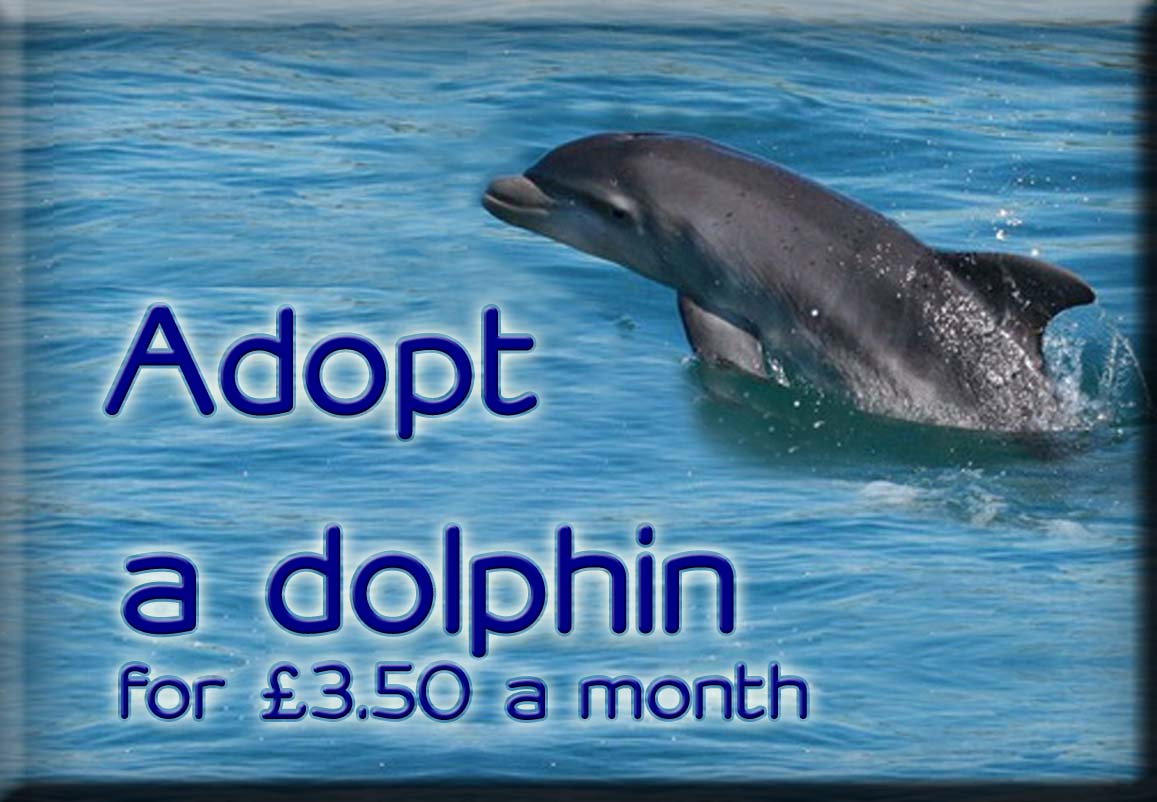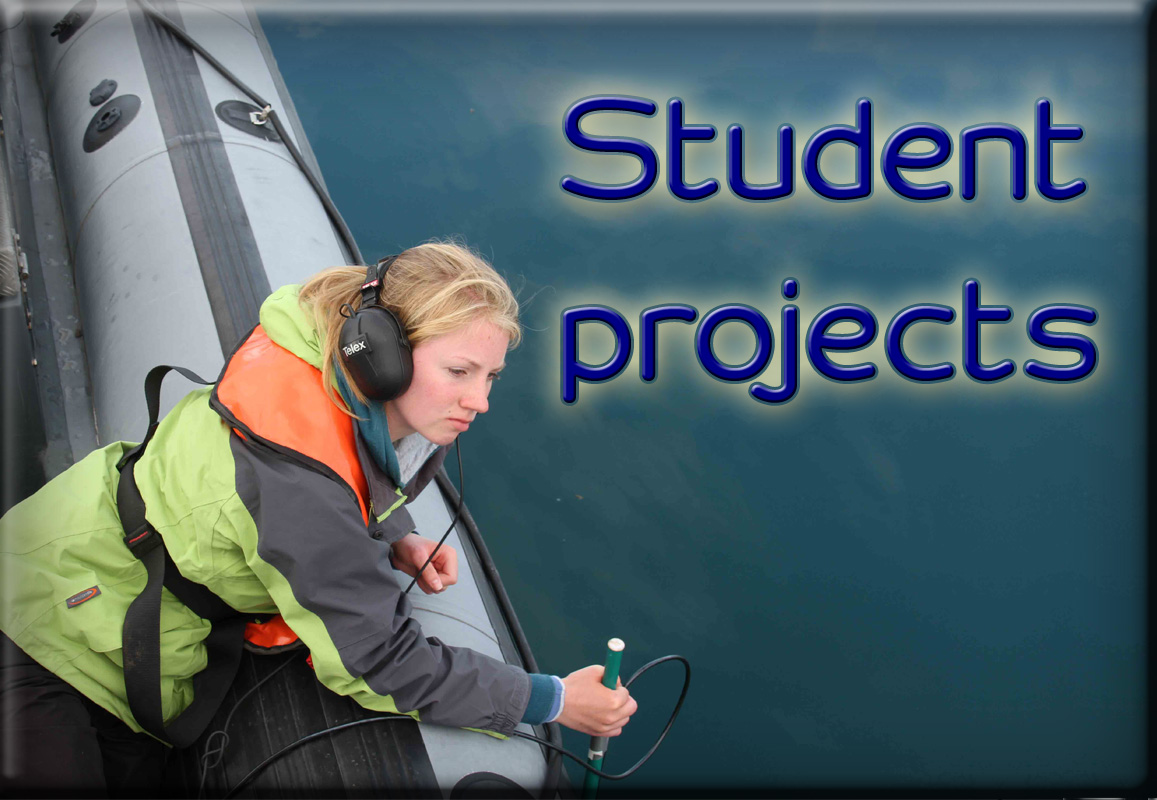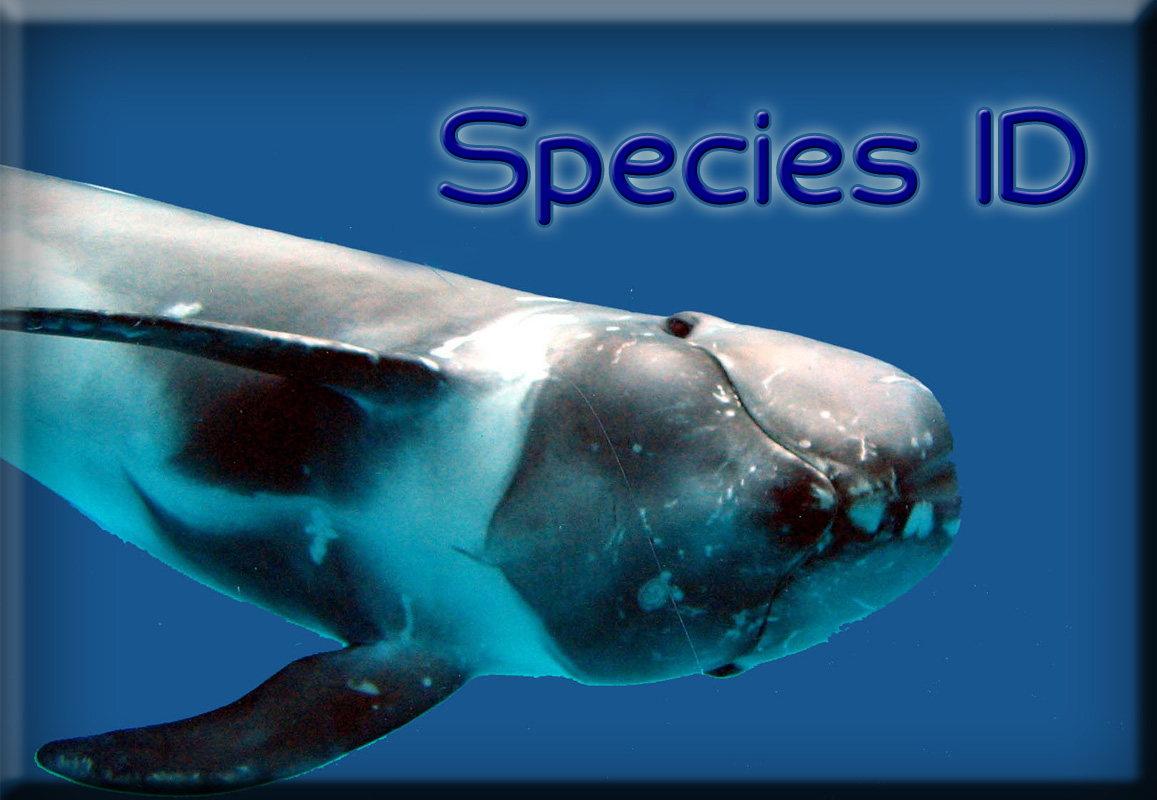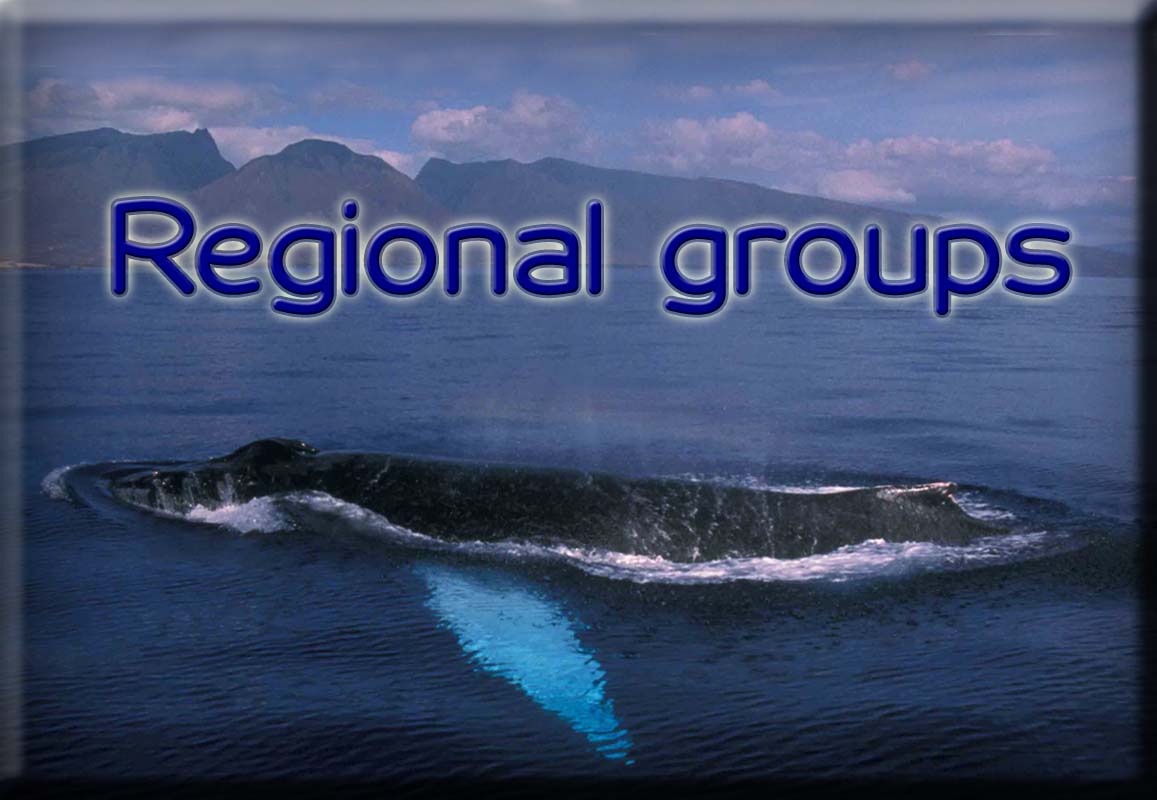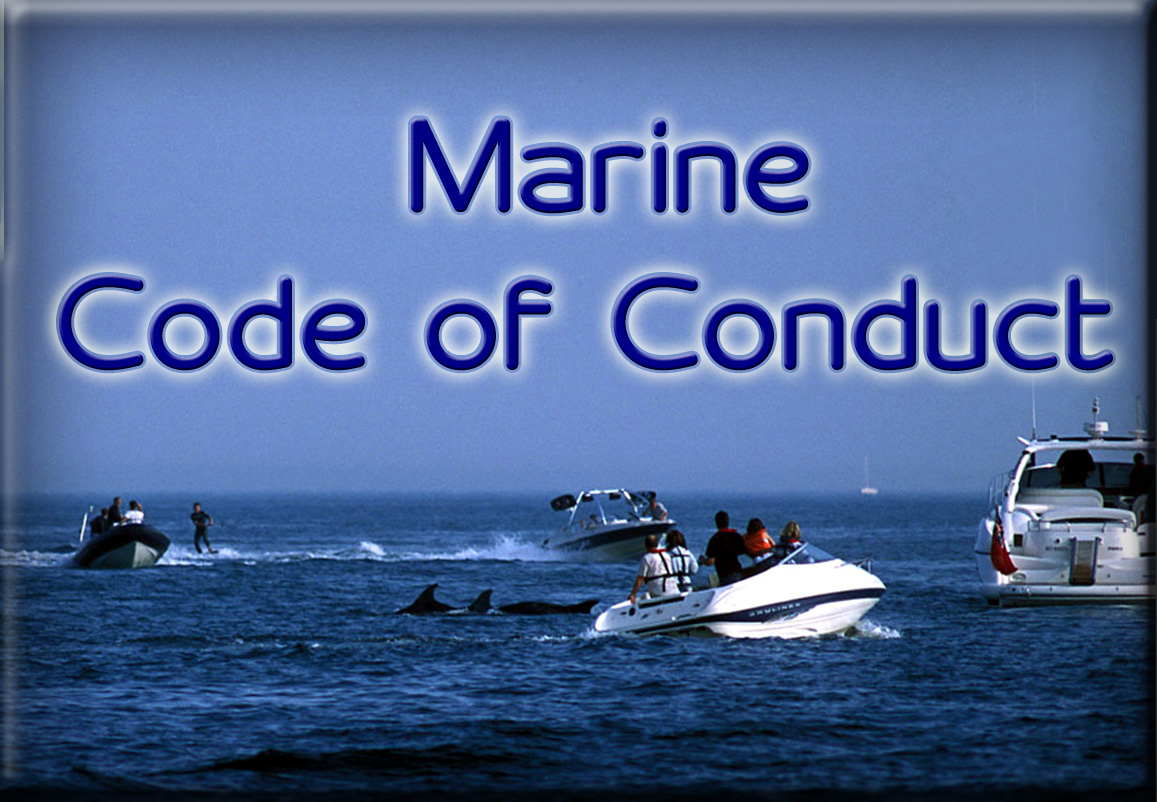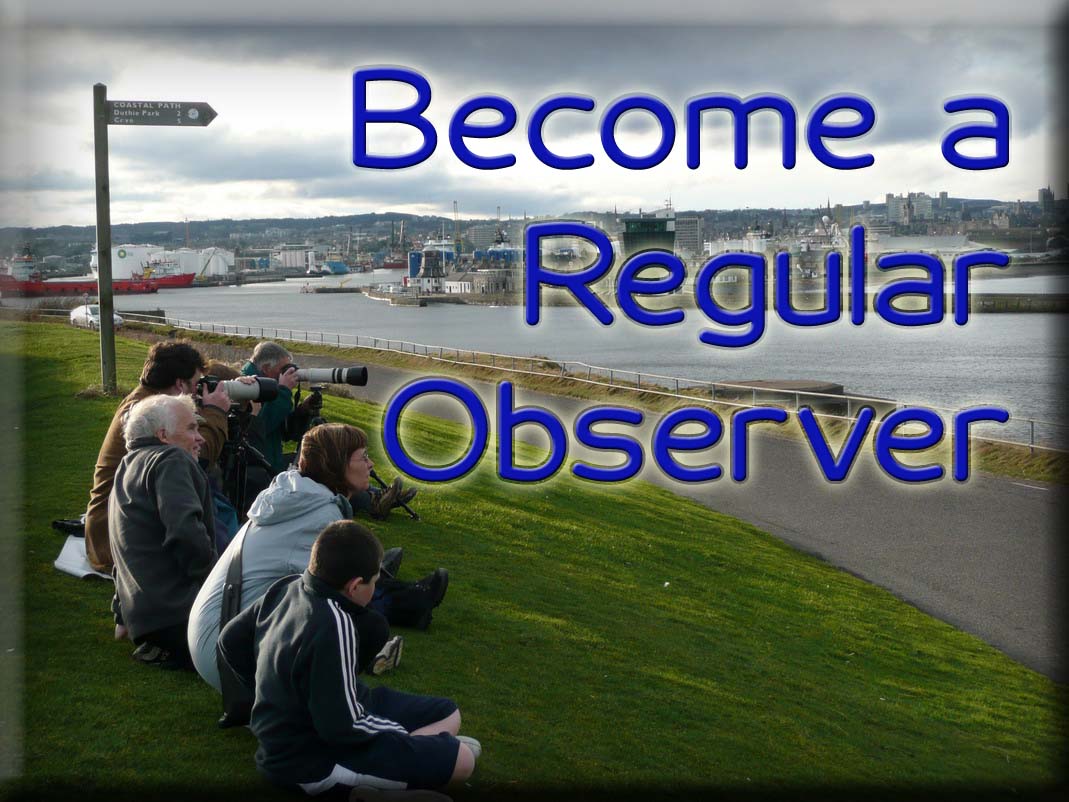Research and Careers in Marine Biology
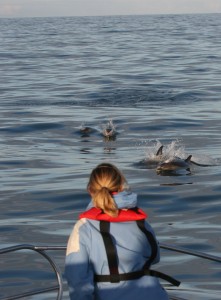 There are a number of institutions in the UK, which have facilities to do research on topics within the field of marine biology. Many career opportunities for marine biologists are related to the industrial and commercial uses of the sea. These include fisheries and fish farming, impact assessment before building and/or dredging projects on the coast, marine technology, dealing with pollution problems and the control of water quality.
There are a number of institutions in the UK, which have facilities to do research on topics within the field of marine biology. Many career opportunities for marine biologists are related to the industrial and commercial uses of the sea. These include fisheries and fish farming, impact assessment before building and/or dredging projects on the coast, marine technology, dealing with pollution problems and the control of water quality.
Research and Careers in Cetacean Biology
Working with cetaceans or marine mammals in general is appealing because of strong public interest in these animals, with perhaps a slightly distorted view of what is actually involved. Working with marine mammals, in research or conservation may be very rewarding but the competition can be fierce.
Marine mammal scientists try to understand these animals’ genetic, systematic, and evolutionary relationships; population structure; community dynamics; anatomy and physiology; behaviour and sensory abilities; parasites and diseases; geographic and microhabitat distributions; ecology; management; and conservation.
Most jobs with marine mammals are not as exciting or glamorous as popular television programs make them seem. Marine mammal studies often involve long, hard, soggy, sunburned days at sea, countless hours in a laboratory, extensive work on computers, hard labour such as hauling buckets of fish to feed animals, hours of cleanup, numerous reports, tedious grant applications and permit applications.
As in other fields of science, jobs dealing with marine mammals vary widely. Examples of marine mammal jobs include researcher, field biologist, fishery vessel observer, laboratory technician, animal trainer, animal care specialist, veterinarian, whale watch guide, naturalist, educator at any level and government or private agency positions in legislative, management, conservation, and animal welfare issues. Many marine mammal scientists work with museum displays and collections, as a curator, an artist, an illustrator, a photographer, or filmmaker.
For those people who are specifically interested in a career in cetacean biology, unfortunately there are at present relatively few opportunities in this field in the UK due to the lack of funding. However, we hope that current public interest and concern for cetaceans will provide a stimulus for more resources to be made available, which would result in an increase in the number of permanent posts involving cetacean research. Lobbying your M.P., for example, might very well help!
In the meantime, there is a great deal that can be done on a voluntary basis and this is an excellent way of finding out exactly what is involved, whilst at the same time opening up opportunities for future work in this area.
What should you study?
School
If you are interested in a career in cetacean or marine biology, whether conservation or research related, you need to start by studying science subjects at ‘A’ level and this should include biology. Mathematics and computer science are also useful options since modern biology has a strong mathematical/statistical basis and most analyses are done with specialised software.
Further Education
Since there are limited career opportunities in marine biology it is advisable to continue into further education if possible. At this stage you are faced with a large choice of alternatives since most universities offer biology and/zoology as an undergraduate course.
Choosing a Course
It is worth bearing in mind that universities situated near to the coast are more likely to be able to able to offer more practical experience of marine research. However, most institutions do run field trips, which often take place on the coast.
If learning to scuba dive is one of your priorities, almost all these places have diving clubs – however, again, those nearer the coast tend to be more active and diving is a lot easier.
Whilst bearing the above points in mind, we would strongly recommend that you obtain prospectus from those institutions that interest you, and then choose the place which most suits all your requirements. Your biology and/or careers teacher should be able to offer further advice.
A very useful source of information about courses and careers in the biological field in the Institute of Biology www.iob.org
Specialised Marine Mammal Courses, Conferences and Workshops
There are some specialised courses and workshops on cetacean biology and conservation, which are typically announced on specialised mailing lists, such as MARMAM or ECS-talk.
University of Valencia used to host a five-day seminar on Marine Mammal Biology and Conservation every other year, which was open to everyone. It has temporarily ceased doing so but may start up again in the future.
Sea Watch Foundation organises weekend long courses on cetacean survey methodology with practical sessions on land and at sea.
Volunteering
The best way to learn more about careers in cetacean science is to volunteer for an organisation conducting research on cetaceans. As the competition for the few available positions is tough, the people with the most experience and most enthusiasm, are the ones who will eventually get the jobs.
How to find a job
Many jobs are not announced, rather are filled by volunteers at an organisation, by a graduate student of a colleague, through an informal interview at a scientific conference or from a recommendation by a colleague. In addition to what you know, who you know is very important in finding a marine mammal job. It is valuable to keep an active network of marine mammal colleagues. Attending scientific conferences, such as the European Cetacean Society (ECS) annual conference is very useful for maintaining the network and identifying job opportunities. Electronic bulletin boards, such as MARMAM or ECS-talk announce upcoming jobs.
When looking for a job, make that fact known in these informal networks of marine mammal scientists. Many job opportunities are a matter of being in the right place at the right time. Controlling the right time is difficult, but obtain the appropriate education, be in the right place, and wait for the right time.
You may also find positions advertised on websites such as Environment Job, Animal Jobs, Countryside Jobs and WiseOceans.

